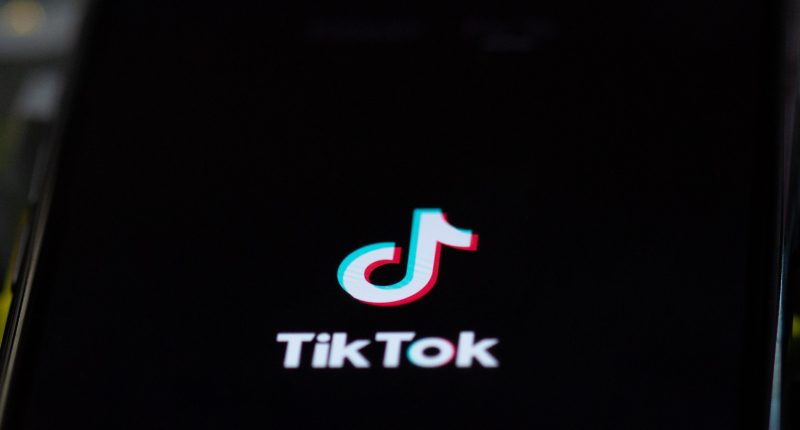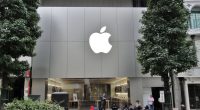While the US Supreme Court heard the TikTok case on Friday (January 11), the company’s troubles are escalating instead of being resolved, as the chances of a ban seem to increase. During the oral arguments in court, a majority of justices appeared inclined to uphold a federal law that would ban the app in the country unless the Chinese owner divests it. Signed by President Joe Biden in April 2024, the law sets a deadline of January 19 for the company to comply.
The US government has argued from the beginning that the ByteDance-owned app could pose a threat to national security, as it may be used for Chinese influence, surveillance, and data collection of US citizens. Interestingly, during the court’s hearing, the justices appeared more focused on the potential national security risks posed by TikTok, instead of the company’s argument of curbing free speech and violations of First Amendment rights.
In fact, Supreme Court justices slammed the First Amendment arguments made by TikTok. While hearing the case, Chief Justice John Roberts issued a significant statement that mainly increases the possibility of a ban. The Chief Justice said that Congress is not concerned with the content or expression on the app. Instead, the focus is on the fact that TikTok is owned by a Chinese company.
He clearly pointed out that the law is not aimed at having TikTok stop operating, but rather at making it free from Chinese control. This suggests that the court is viewing the case more through the lens of national security and foreign influence, rather than focusing on the app’s content or its potential impact on free speech.
“Are we supposed to ignore the fact that the ultimate parent is, in fact, subject to doing intelligence work for the Chinese government?” Chief Justice John Roberts questioned Noel Francisco, the attorney defending TikTok and ByteDance.
TikTok – which has over 170 million users in the US, with more than half of them under the age of 30 – finds itself in an uncomfortable spotlight as the court appears to be grilling the company for diverting attention from the ownership issue with claims of curbing free speech.
Meanwhile, on Dec. 27, Trump urged the court to delay the Jan. 19 divestiture deadline. He argued this would allow his incoming administration the chance to pursue a political resolution to the issues in the case. Additionally, outside the court, there is another interesting development. Billionaire Frank McCourt’s Project Liberty has officially made an offer to buy TikTok’s US assets. ‘Project Liberty,’ along with a group called ‘The People’s Bid for TikTok,’ has submitted a formal proposal for the same.
The Tech Portal is published by Blue Box Media Private Limited. Our investors have no influence over our reporting. Read our full Ownership and Funding Disclosure →






